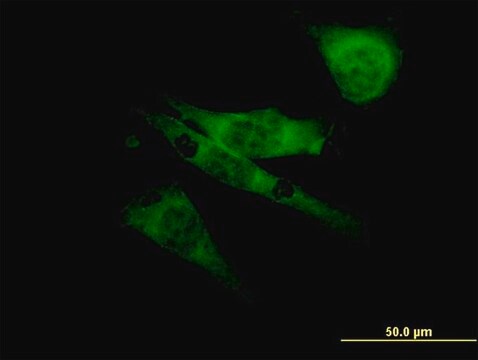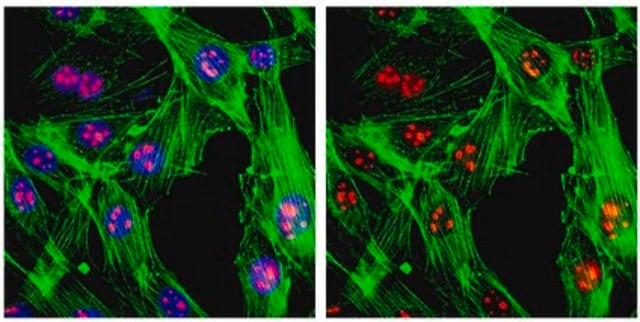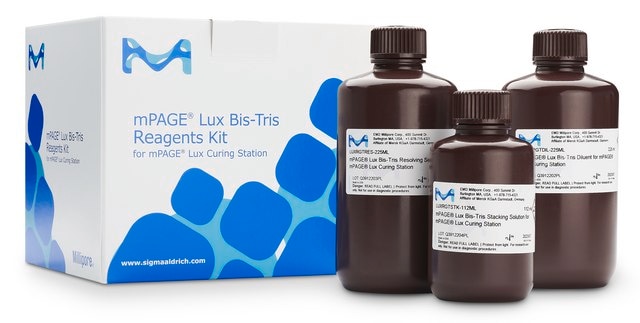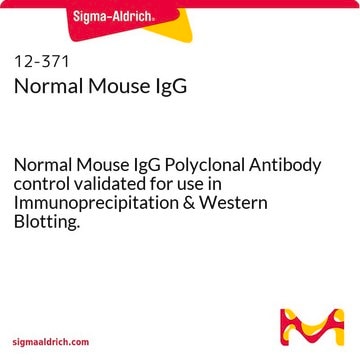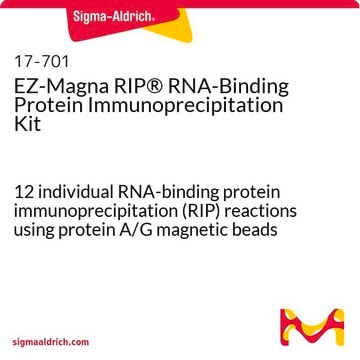SAB4200274
Anti-EIF2C2/Ago2 antibody produced in rabbit
~1.0 mg/mL, affinity isolated antibody
Sinónimos:
Anti-Eukaryotic translation initiation factor 2C, 2, Anti-I2C2, Argonaute-2, Anti-PAZ Piwi domain protein, Anti-Slicer protein
About This Item
Productos recomendados
origen biológico
rabbit
conjugado
unconjugated
forma del anticuerpo
affinity isolated antibody
tipo de anticuerpo
primary antibodies
clon
polyclonal
Formulario
buffered aqueous solution
mol peso
antigen ~97 kDa
reactividad de especies
human
concentración
~1.0 mg/mL
técnicas
western blot: 1-2 μg/mL using lysates of HEK-293T cells over expressing human EIF2C2/Ago2
Condiciones de envío
dry ice
temp. de almacenamiento
−20°C
modificación del objetivo postraduccional
unmodified
Información sobre el gen
human ... EIF2C2(27161)
mouse ... Eif2c2(239528)
rat ... Eif2c2(59117)
Descripción general
Inmunógeno
Aplicación
Western Blotting (1 paper)
Acciones bioquímicas o fisiológicas
Forma física
Cláusula de descargo de responsabilidad
¿No encuentra el producto adecuado?
Pruebe nuestro Herramienta de selección de productos.
Opcional
Código de clase de almacenamiento
10 - Combustible liquids
Punto de inflamabilidad (°F)
Not applicable
Punto de inflamabilidad (°C)
Not applicable
Elija entre una de las versiones más recientes:
Certificados de análisis (COA)
¿No ve la versión correcta?
Si necesita una versión concreta, puede buscar un certificado específico por el número de lote.
¿Ya tiene este producto?
Encuentre la documentación para los productos que ha comprado recientemente en la Biblioteca de documentos.
Nuestro equipo de científicos tiene experiencia en todas las áreas de investigación: Ciencias de la vida, Ciencia de los materiales, Síntesis química, Cromatografía, Analítica y muchas otras.
Póngase en contacto con el Servicio técnico



